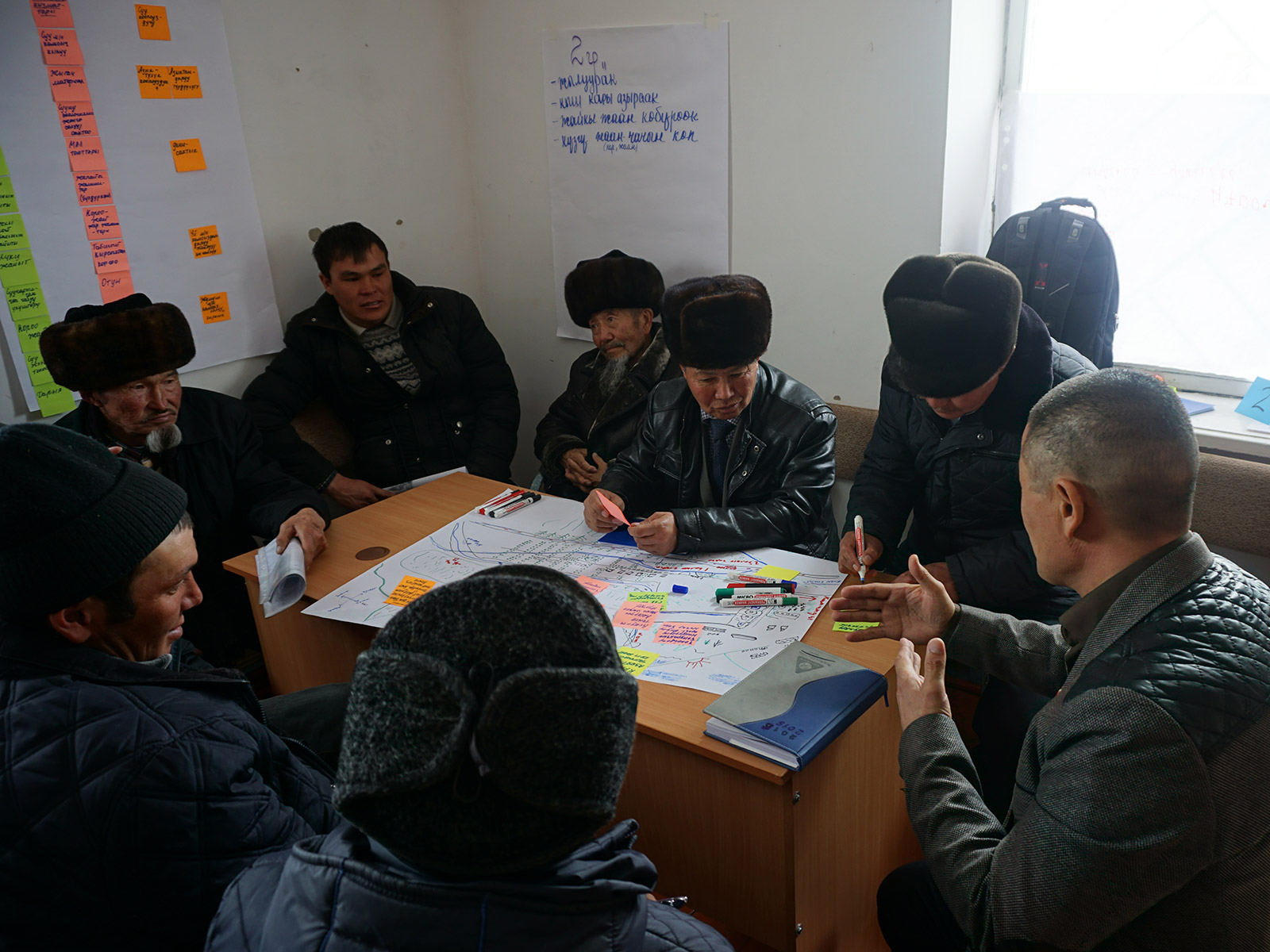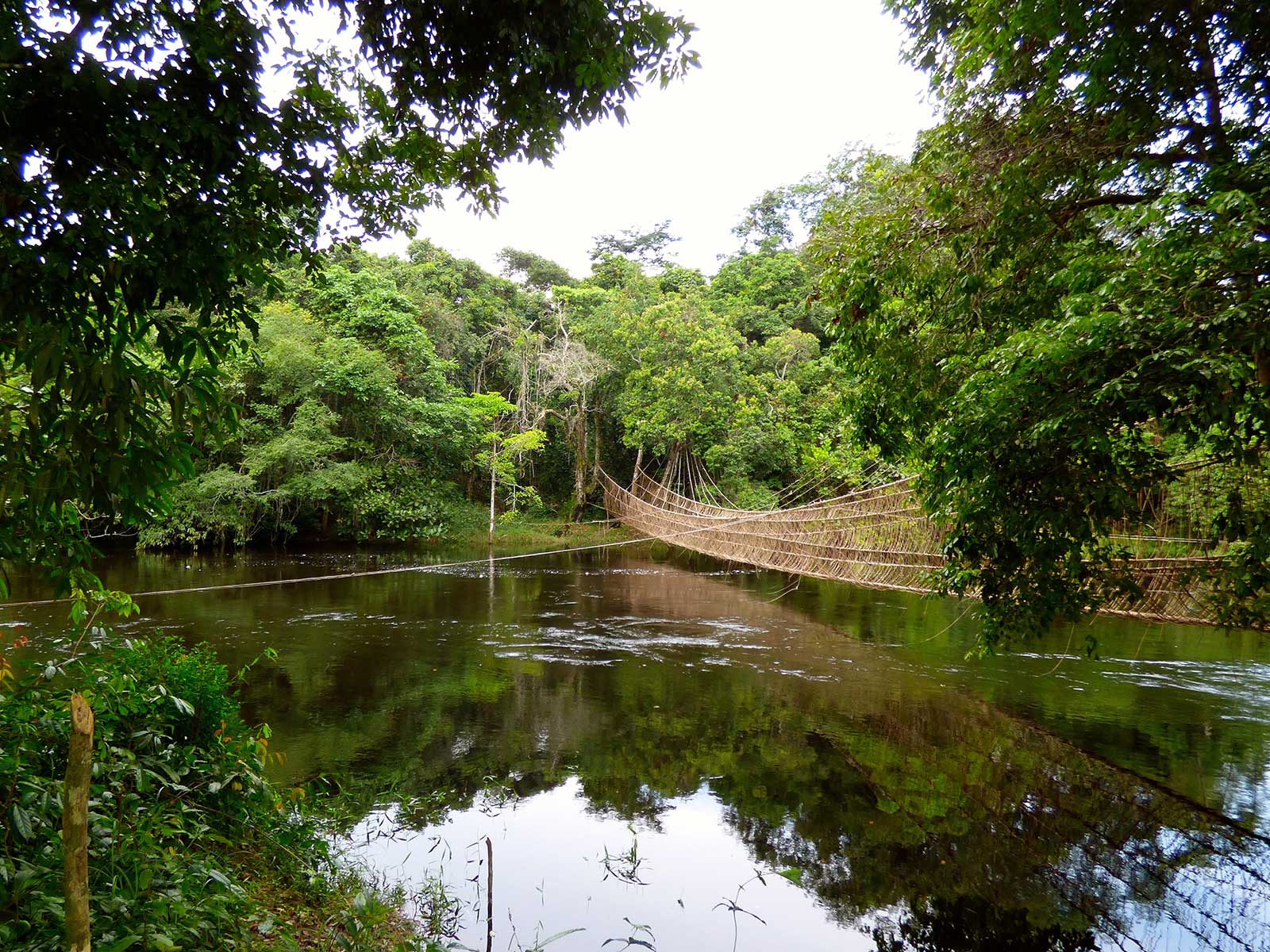Photo Credit: Jason Houston for USAID
What is a Conservation Coach?
In today’s dynamic world, practitioners who work on environmental and social challenges must collaborate with their teams, navigate community needs, and execute challenging projects of critical value. They must adapt to change and also to create and shape change, even as they run essential conservation and sustainable development projects around the world.
The Conservation Coaches Network (CCNet) is a training and support network for these practitioners.
Why do we need Conservation Coaches?
Imagine an elite athlete without a coach. It’s impossible, because coaches are part of the process of athletes becoming elite. Until recently, however, there were no nature conservation coaches. People running the world’s most critical conservation projects relied on their own skills and resources.
But the stakes of conservation are much higher than those of sport. Species are threatened, fragile ecosystems stand on the brink. To see the best results in the field, to be successful in crucial yet daunting projects, to attain excellence, every measure should be taken.
CCNet can make that difference.
How do Conservation Coaches Succeed?
A CCNET Coach leads, mentors and/or supports conservation project teams including diverse partners and stakeholders. We apply the Conservation Standards process to develop effective conservation strategies and measures of success for a given project.
Coaches support teams by facilitating some or all of the elements of the CS process, while fostering inclusiveness and openness, and helping teams consider existing beliefs, judgments, and practices. Using the Conservation Standards, project teams can learn from the successes and failures of others while tackling problems in their own language and cultural context.
Our motto is “Learn it, and pass it on.”
Qualifications
- Completed CCNet Coach Training.
- Competent to support a conservation team to apply the CS process to a new project.
- Participated as a lead or project team member in multiple full CS processes.
- Proven applied conservation experience and/or direct field-based experience working with project teams to foster CS implementation.
- Strong facilitation skills.
- Strong understanding of CS basic practice, CCNet and role of a coach.
- Commitment to living our community values.
Duties
- Supports at least one CCNET/CS project per year.
- Submits CS projects to MiradiShare or similar database.
- Maintains currency with method by attending CCNet Rally every other year.
- Participates in Regional Network virtual and in-person meetings as best as possible, working with the Regional Network and Communities of Practice leaders and other coaches to identify regional CCNET/CS support needs and annual plans for addressing needs.
- Shares stories, adaptations, and products from workshops and/or lessons learned with network (for example through the CCNet News, CCNet listserv, etc.)
- Participates in supplemental CCNET/CS Coach trainings to hone skills as appropriate.
- Serves as mentor to coaches-in-training.
- Identifies their CCNET/CS work, personal skills training, and contribution to the CCNet in their annual objectives.
- Provides updated basic data and self-assessment information to CCNet map/database.

Photo Credit: John Morrison
Become a Coach
There are a variety of ways to become a coach. Some people do it the hard way, on their own, by working to assist conservation teams for years. The best way to become a coach is through a combination of experience and training obtained through a CCNet new coach training workshop. Workshops are offered periodically by Regional Networks. Our ultimate objective is for each region to hold at least one new coach training each year; a listing of upcoming new coach trainings can be found here.
While any good coach maintains a range of qualities, skills, and experience, active coaches succeed through these designations: coach-in-training, coach, and coach trainer. We also have a certification process for coaches who have proven practical experience.
More information on the designations and qualifications of coaches can be found in the Coach Self-Assessment, which breaks down the abilities and qualities of a Coach into categories:
- Facilitation
- Conservation Knowledge
- Conservation Standards
- Theory of Change
- Monitoring and Adaptive Management
- Operational Planning
- Meeting Planning
- Reports/Reporting
- Digital sharing & Collaboration
- Human Well-being Targets
- Thematic Projects/Programs
- Environmental & Social Safeguards
Coaches Resource Library
CCNet maintains a variety of resources to support Coaches in the presentation and use of the Conservation Standards. Most of the resources are found in multiple languages in the Coaches Notebook that is part of CCNet New Coach Trainings. In addition, in our Resource Library you can find a wealth of support materials shared by Coaches and Conservation Standards practitioners.
Photo Credit: Ashleigh Baker
Our Collaborators
Every organization, agency, project, and individual has its own preferred set of terms. There is no right answer – the most important thing is that the members of your project team and the people with whom you work have a clear and common understanding of whatever terms you choose to use.
Photo Credit: Chris Scarffe
Download CS
The Conservation Standards is the product of inputs, field tests, and discussions among members of the Conservation Measures Partnership (CMP), which has final editorial authority over the Conservation Standards. Substantial input was also provided by members of the Conservation Coaches Network (CCNet) and other CMP partners.
Photo Credit: Felix Cybulla
Contact CCNet
To inquire about supporting CCNet or for general inquiries, please contact:
John Morrison - CCNet Global Coordinator john.morrison@wwfus.org
Cristina Lasch - CCNet Technical Coordinator clasch@tnc.org
Photo Credit: Diane Detoeuf

